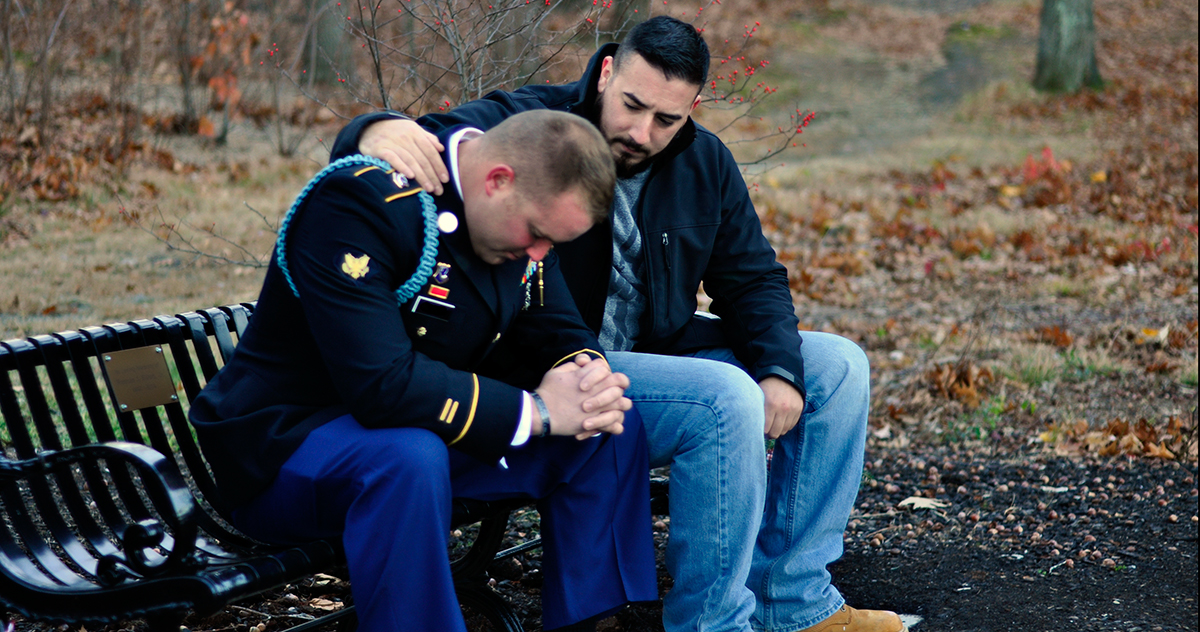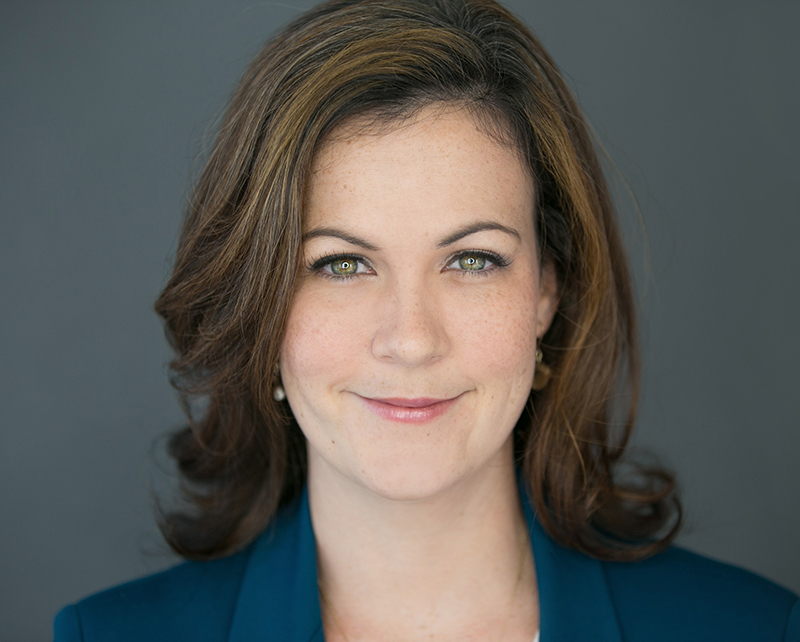
The statistics are still startling: 20 veterans a day die by suicide. And that number, while slightly lower this year, is still 20 too many. But, the more important shift is that the conversation is changing––Americans are embracing the need to include mental health as an important part of overall health and wellbeing.
The recent focus on veteran mental health and eliminating the stigma that stops so many from seeking treatment gives me great hope. I grew up on a military base in the ‘80s, with two active duty parents, one of whom became increasingly unstable as he cycled through back to back deployments. Back then, no one reported mental health issues or sought care, because it meant an immediate discharge and total shame and disgrace. My mom packed us up and moved across county lines to escape the abuse.
Fast forward to the late ‘90s, during my own time in the service, a fellow soldier’s suicide was quickly and quietly covered up and the unit was instructed not to talk about it. The anger and shock that I felt afterwards took years to resolve. It also earned me my first diagnosis of post traumatic stress and a few cycles of behavioral health treatment to overcome the very intense emotions triggered by the horrific event.
Fortunately, mental health and suicide prevention have now become a national priority.
For the first time, social supports and access to therapy and medication come without the immediate social stigma of weakness or failure. While the problem is far from solved, I’m particularly glad to promote the many different options for building a strong and healthy state of mind as we kick off National Mental Health month.
Over half of the veterans who die by suicide do not access care at the VA, or even carry a diagnosis of a mental health disorder, and many are unaware of the fact that VA will provide 24/7 same-day mental health care. It is imperative that we continue to share the public and private programs and interventions that exist, as well as eligibility (regardless of your discharge status) so that awareness is reflexive and access is easy.
Here are some of the many ways you can access help, whether for yourself, a loved one, or a battle buddy in need:
If you’re a Veteran in crisis or concerned about one, connect with caring, qualified Veterans Crisis Line responders for confidential help. Many of them are Veterans themselves. This service is private, free, and available 24/7.
To connect with a Veterans Crisis Line responder anytime day or night:
- Call 800-273-8255, then select 1.
- Start a confidential Veterans Chat.
- Text 838255.
- If you have hearing loss, call TTY: 800-799-4889.
You can also:
- Call 911.
- Go to the nearest emergency room.
- Go directly to your nearest VA medical center. It doesn’t matter what your discharge status is or if you’re enrolled in VA health care. Find your nearest VA medical center.
If you or your loved one is uncomfortable accessing the VA for free mental health care, here are additional options:
- The Cohen Veteran Network offers low-to-no cost treatment to anyone who has served in the United States Armed Forces, regardless of role while in uniform, discharge status, or combat experience, to include the National Guard and Reserves, as well as their family (parents, siblings, spouses or partners, children, caregivers, and others).
- Give an Hour provides free mental health care to active duty, National Guard and Reserve service members, veterans, and their families.
- Vets 4 Warriors runs a free Peer Support line, available 24/7, at 855-838-8255.

Danielle Corazza
Vice President, VetsFirst
May is Mental Health Awareness Month. Its purpose is to raise awareness and educate the public about mental illnesses; the realities of living with these conditions; and strategies for attaining mental health and wellness. Additionally, Mental Health Awareness Month strives to reduce the negative attitudes and misconceptions that surround mental illnesses.
